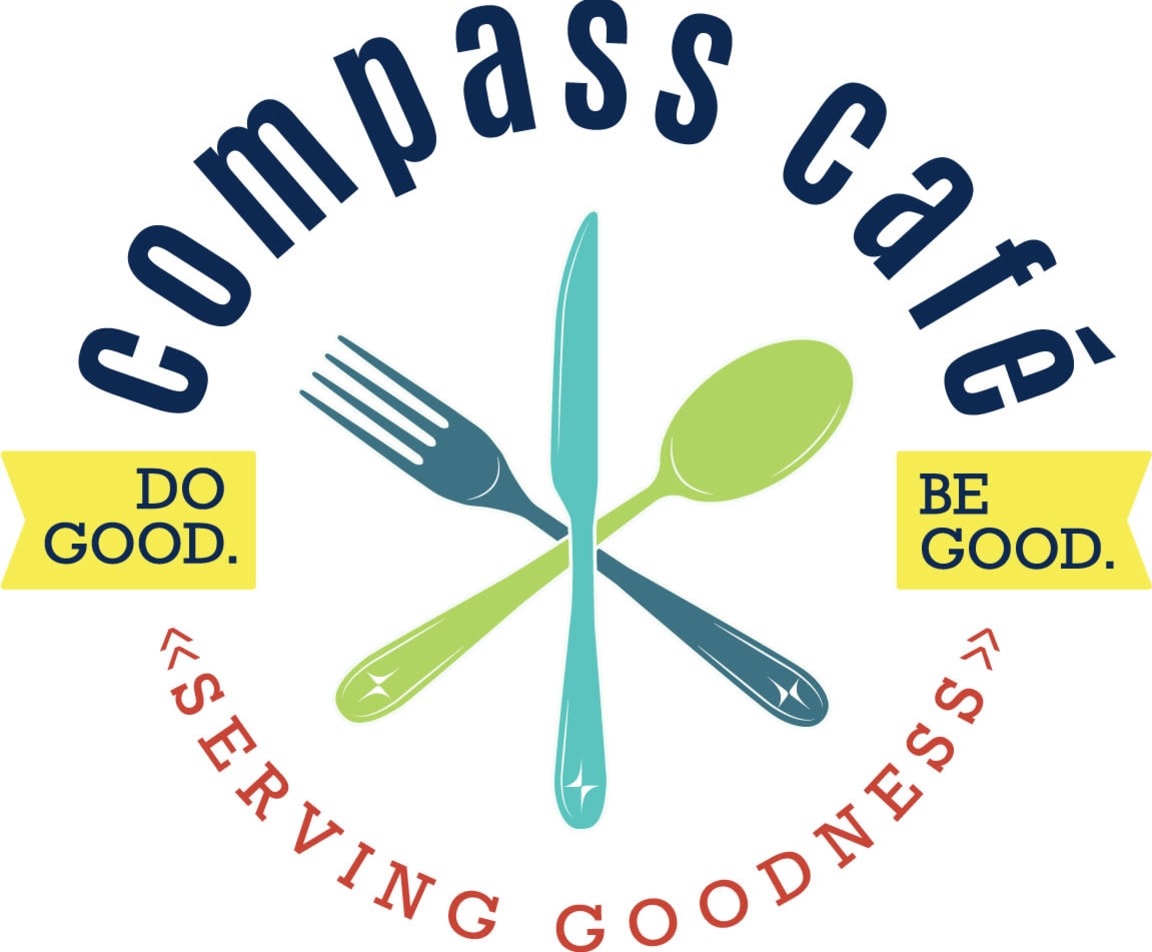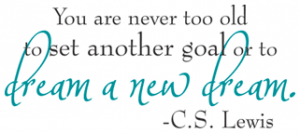 We advocate for a shift from institutional models of care to person-directed values and practices-- putting the person first. Well-being is the ultimate outcome of a human life. Well-being, as a frame of reference, requires us to focus on the strengths, possibilities, dreams, and goals of each individual.
We advocate for a shift from institutional models of care to person-directed values and practices-- putting the person first. Well-being is the ultimate outcome of a human life. Well-being, as a frame of reference, requires us to focus on the strengths, possibilities, dreams, and goals of each individual.
In the traditional health care model, care plans are used as a way to establish one’s identity in terms of what assistance is needed and the deficits they live with, defining care needs in terms of diagnosis or disease. Our Growth and Wellness Plans™ use well-being as our frame of reference. The goals are focused on strengths, preferences, and growth. Then we know how to partner with each resident to highlight and strengthen the sense of individuality to define assistance needed within the culture of caring.
Learn more about each of the wellness domains (PDF).
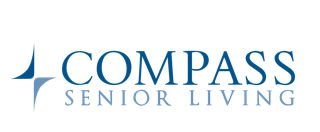
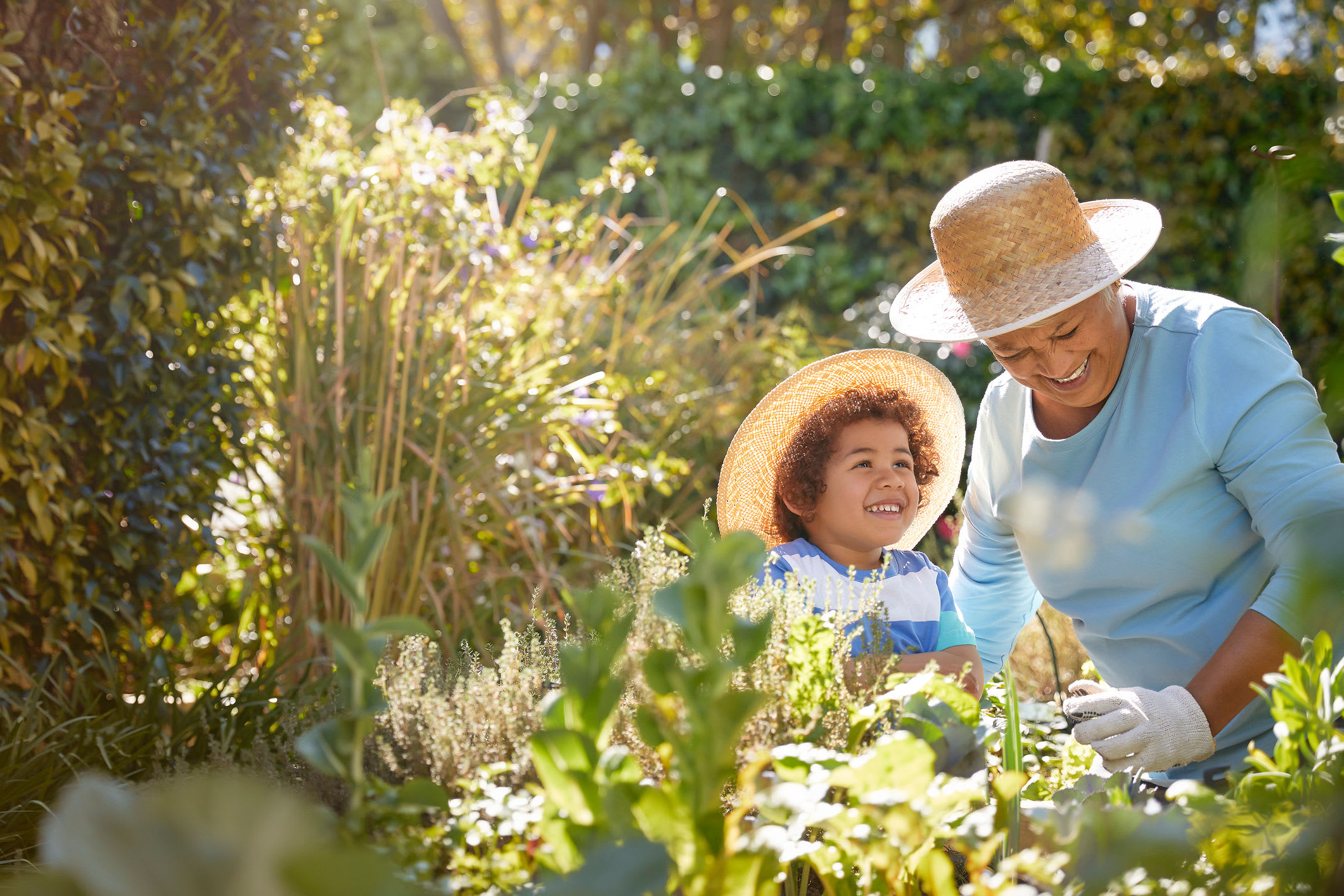

 We have a unique opportunity to harvest the wisdom, the humor and the tiny stories and memories we hear every day as we live and work beside elders who have lived almost a full century on this planet.
We have a unique opportunity to harvest the wisdom, the humor and the tiny stories and memories we hear every day as we live and work beside elders who have lived almost a full century on this planet.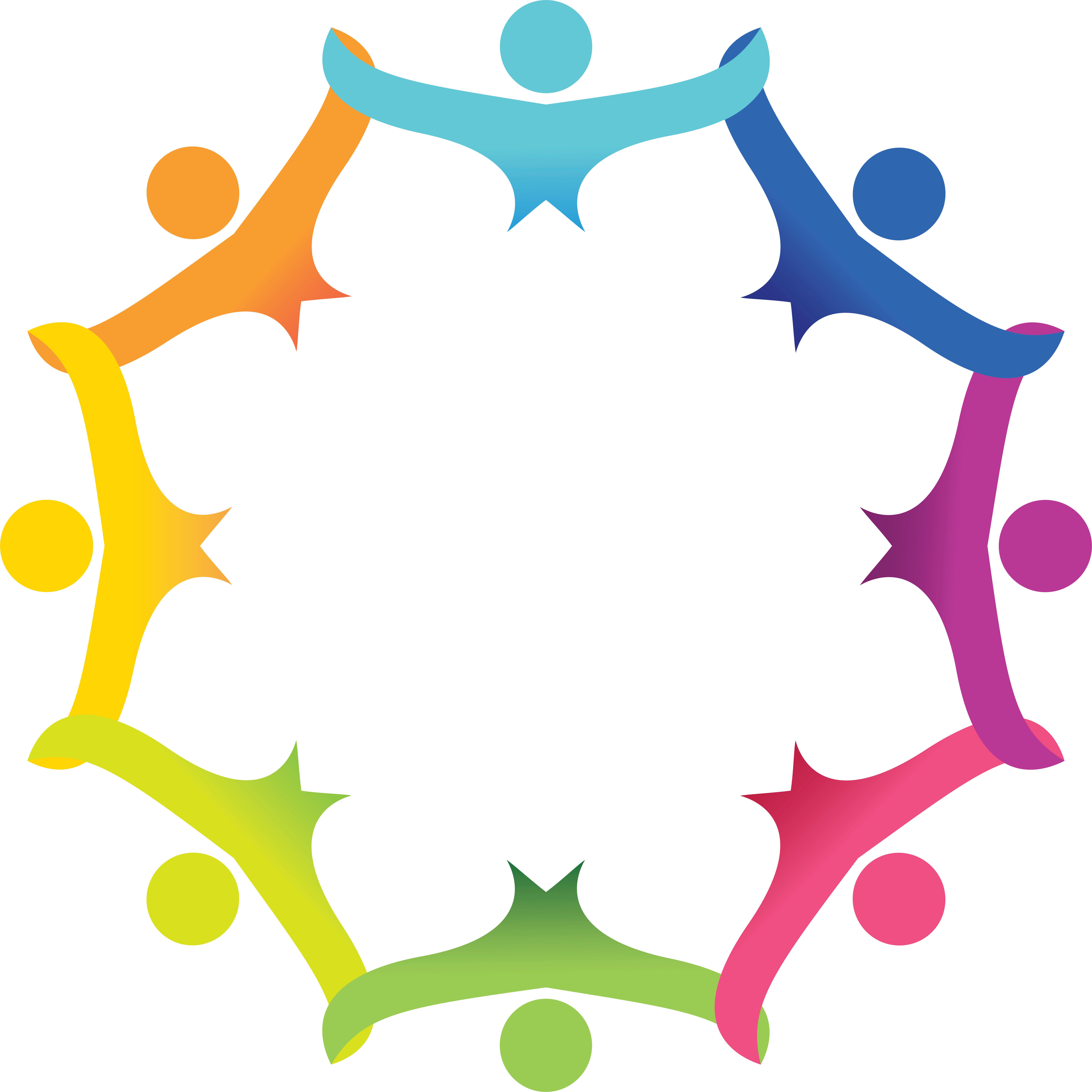 Circle of Friends™ is based on the basic human needs of all humans for inclusion, love and belonging, esteem, and self-actualization. Elders and care team members gather for a specific purpose, facilitated by a team leader. The circle may include discussion, activity, cognition exercises, aromatherapy, singing, sharing of food, goal setting, community outreach, and more. It is at our core as human beings to connect with other people, and we do this through conversation. We yearn to have deep meaningful conversations with others. In this circle of friends we remember how to connect and listen. These are ancient skills, ancient pathways to learning, embedded in our memes, and maybe in our genes. This speaks directly to the well-being need for connectedness, which can be lost as we age when spouses and friends are gone.
Circle of Friends™ is based on the basic human needs of all humans for inclusion, love and belonging, esteem, and self-actualization. Elders and care team members gather for a specific purpose, facilitated by a team leader. The circle may include discussion, activity, cognition exercises, aromatherapy, singing, sharing of food, goal setting, community outreach, and more. It is at our core as human beings to connect with other people, and we do this through conversation. We yearn to have deep meaningful conversations with others. In this circle of friends we remember how to connect and listen. These are ancient skills, ancient pathways to learning, embedded in our memes, and maybe in our genes. This speaks directly to the well-being need for connectedness, which can be lost as we age when spouses and friends are gone.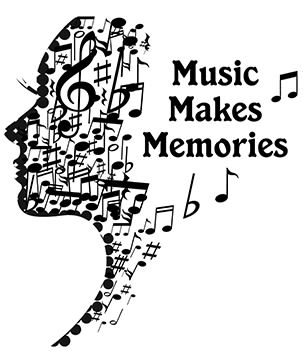 We are thrilled with the positive results of our Music Makes Memories™ project. Our brains are hard-wired to connect music with long-term memory. Beloved music often calms chaotic brain activity and enables the listener to focus on the present moment and regain a connection to others. In our Music Makes Memory™ programming, residents with anxiety and depression are less agitated and appear calmer, as the music transports them to a happier place in their minds with musical playlists individuals can enjoy.
We are thrilled with the positive results of our Music Makes Memories™ project. Our brains are hard-wired to connect music with long-term memory. Beloved music often calms chaotic brain activity and enables the listener to focus on the present moment and regain a connection to others. In our Music Makes Memory™ programming, residents with anxiety and depression are less agitated and appear calmer, as the music transports them to a happier place in their minds with musical playlists individuals can enjoy. Benefits of aromatherapy to improve well-being and cognition
Benefits of aromatherapy to improve well-being and cognition